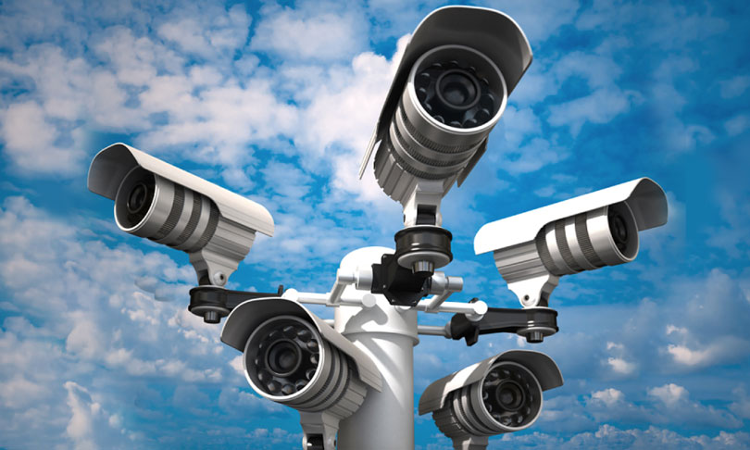The Delhi High Court today issued notice to the Ministries of Home Affairs, Law, Information Technology and Communications, on a plea against the Central Government's surveillance systems Central Monitoring System (CMS), Network Traffic Analysis (NETRA), and National Intelligence Grid (NATGRID), on a plea by Centre for Public Interest Litigation and and Software Freedom Law CentreThe...

